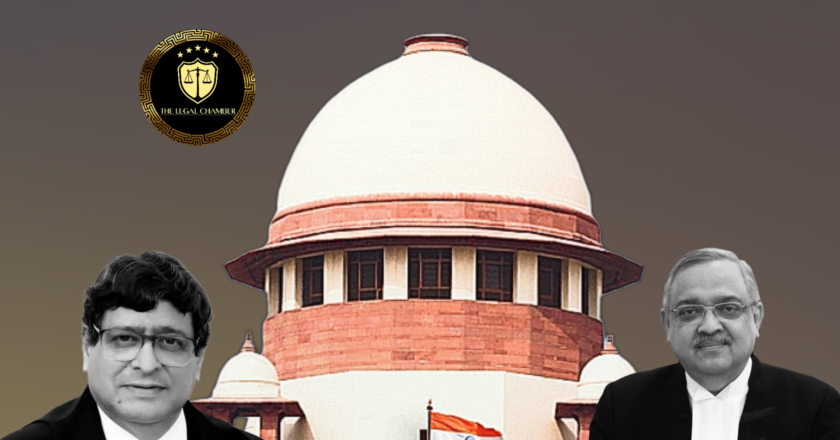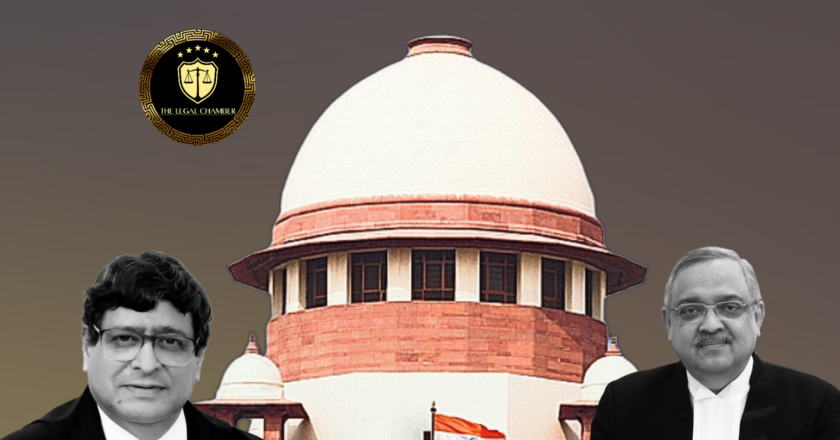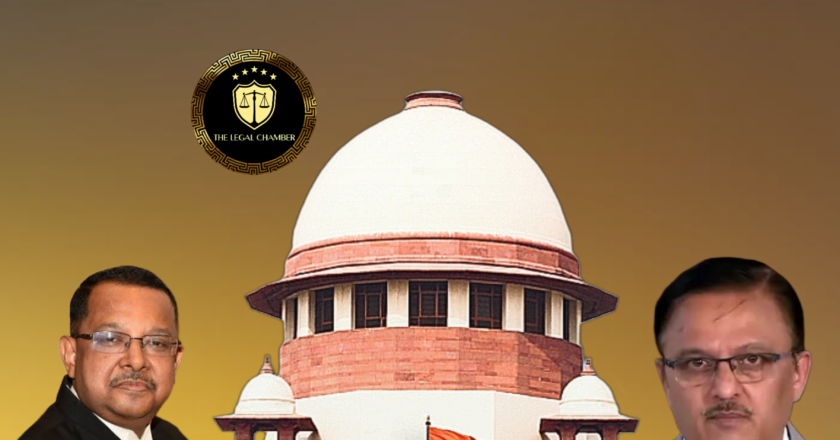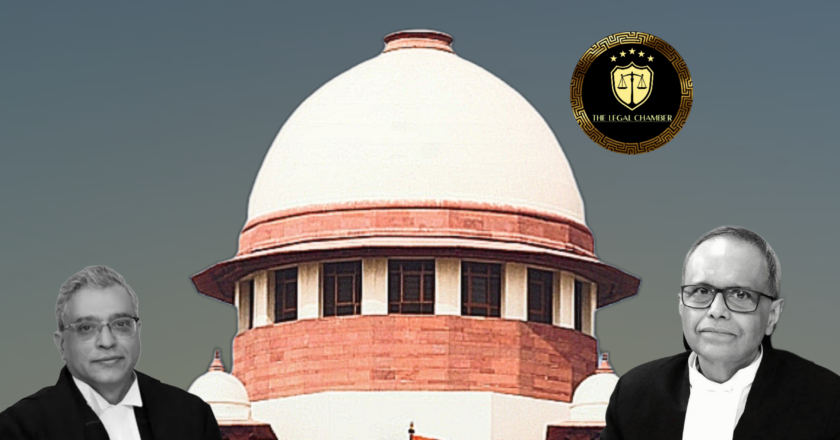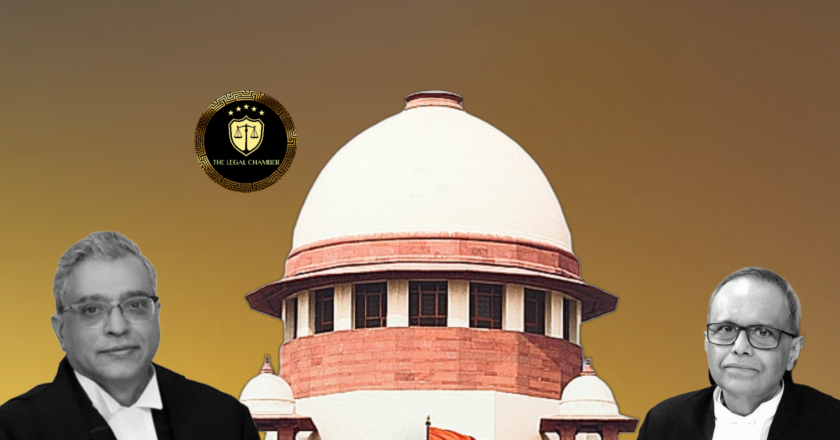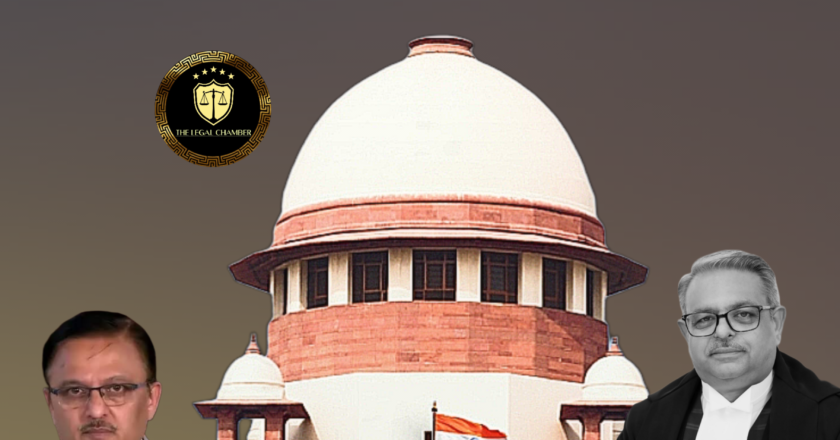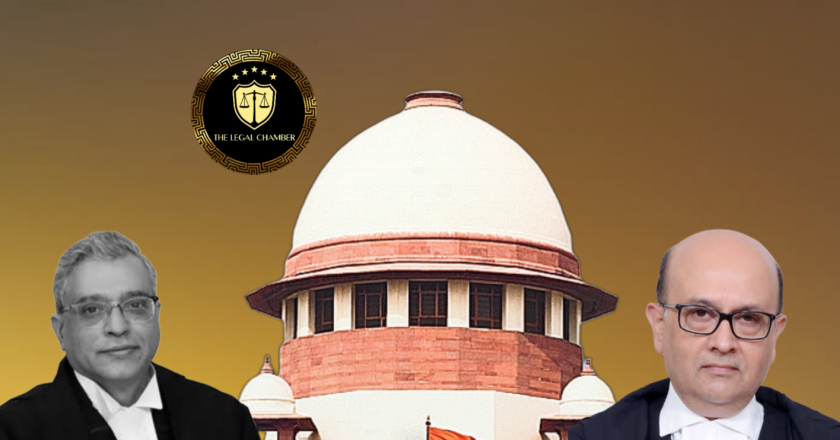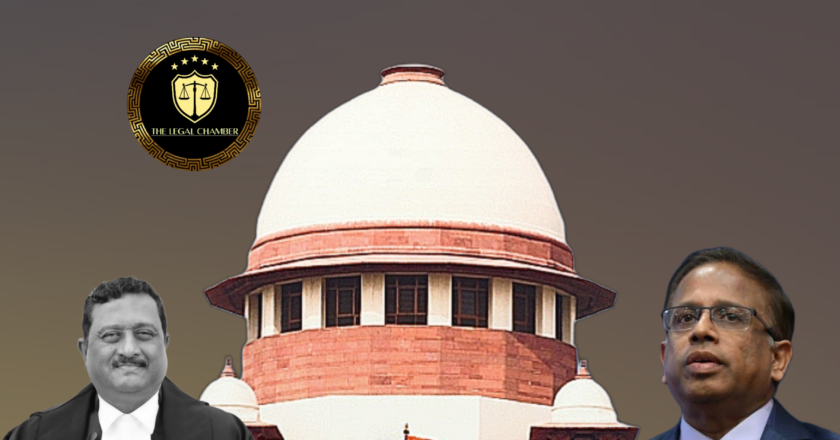Justice for Disabled Victim: Supreme Court Awards ₹12 Lakh Extra for Disabled Accident Victim’s Future Care”
The Supreme Court ruled that insurance companies cannot be compelled to provide non-monetary relief like prosthetic limbs or ongoing medical supervision to accident victims. Emphasizing indemnity principles, the Court held compensation must be monetary, calculating ₹12 lakh for future prosthetic/wheelchair needs. It overturned the High Court's directive for in-kind support, reaffirming insurers' liability is limited to pecuniary compensation under motor accident laws. The judgment clarifies that "just compensation" under Section 168 of the Motor Vehicles Act excludes imposing perpetual welfare obligations on insurers.
Facts Of The Case:
The case arose from a motor accident on 21.12.2008, where respondent Suraj Kumar, a 22-year-old tempo cleaner, suffered severe injuries...
